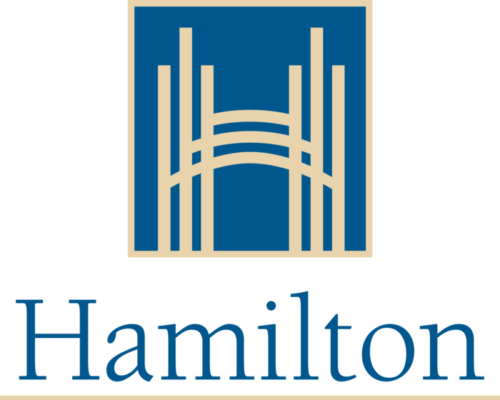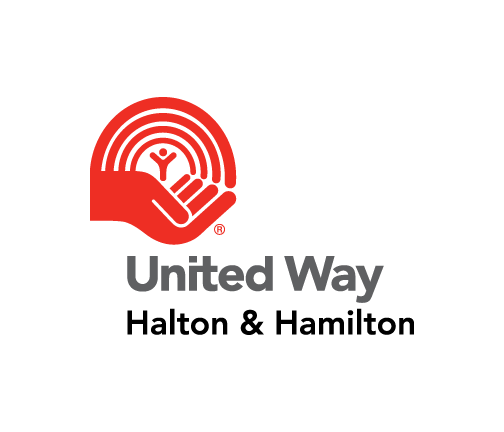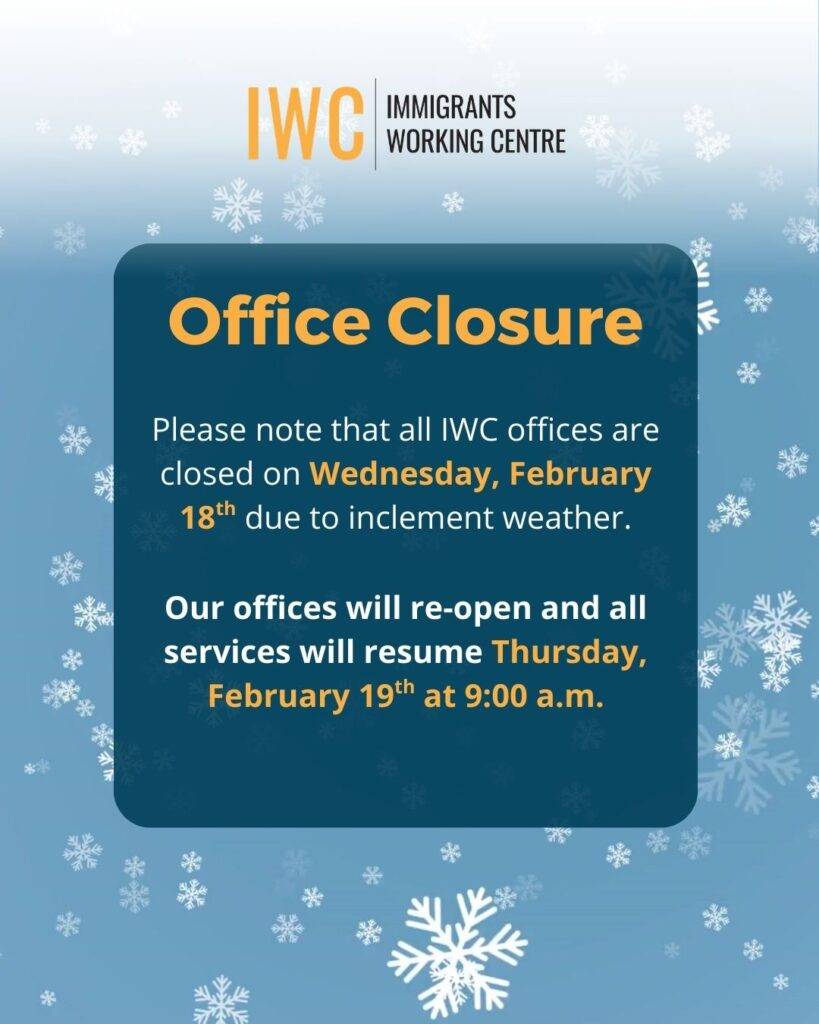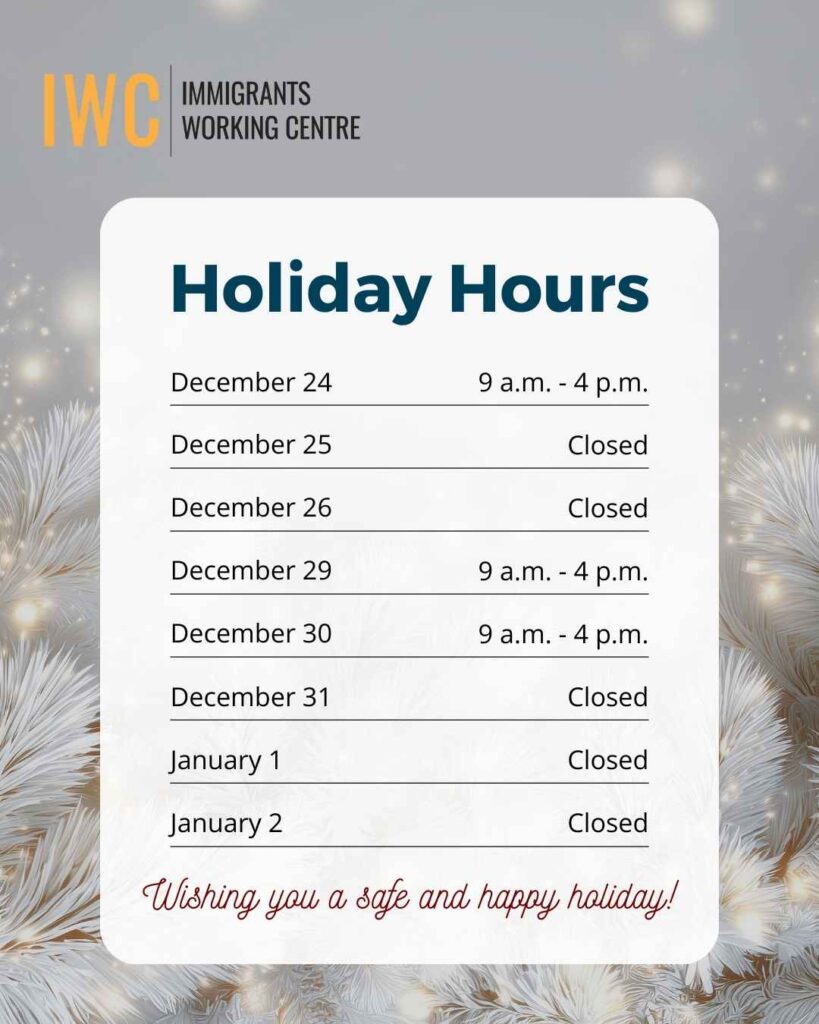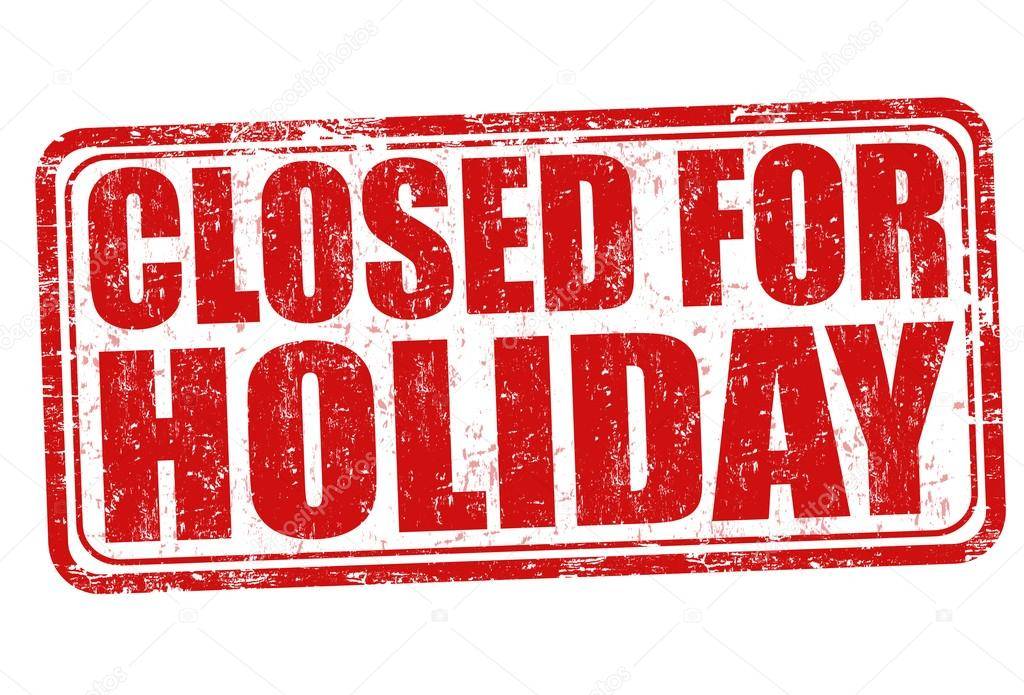35 Years of Memories: Celebrating Our Journey
Amanda Cheung's 20for20 Project: A Look Back
As we gear up to celebrate IWC’s 35 years of empowering immigrants in Hamilton, we take a step back in time to a pivotal moment in our journey.
In 2015-2016, the Government of Canada resettled 25,000 Syrian refugees. At that time, the Syrian conflict had displaced around 5 million people globally, and Hamilton welcomed approximately 1000 Government Assisted Refugees (GAR).
IWC became a hub for support and learning. It was where many found a place to learn English, access skill-building courses, shape their path to employment, and build a community in Canada.
During those challenging times, Amanda Cheng, who served as the Special Refugee Initiative Coordinator at IWC, played a vital role in one of IWC’s remarkable initiatives, the ‘20for20’ project.
This community effort aimed to match 20 refugee families from Syria and Iraq with 20 private sponsor community groups, providing a lifeline to safety in Canada.
Amanda, both a dedicated coordinator and a skilled photojournalist, had the privilege of connecting with many Syrian refugees who arrived at IWC.

As she reflects on her experience, she shares, “20for20 gave me the opportunity to meet with individuals in Hamilton that had displaced families and loved ones. I was honoured and touched by their vulnerability but in many moments, also felt overwhelmed and helpless by the suffering and unthinkable situations their loved ones had to endure. To these individuals, 20for20 offered a glimmer of hope in what seemed a very hopeless situation. I felt the responsibility and weight of that. After months and months of what seemed like little to no progress, we had our first family make their way to Canada. I still remember the moment I met them. The joy, the relief, and the happiness tangled with mixed emotions of pain and empathy for everything that led them here. Seeing the reunion between the family members is a memory that still sits in my heart today.”
This experience inspired her to write an article for our former UNPACK Magazine that mirrors her own experience with immigration, the journey of her parents who arrived in Canada three decades ago from Hong Kong, and the shared emotions with the refugees she met.
Article published in the Art Edition of Unpack Magazine in the spring of 2016.
The Immigrants Life: “Art in its Purest Form”
“All immigrants are artists because they create a life, a future, from nothing but a dream. The immigrant’s life is art in its purest form.” – Patricia Engel, Colombian American novelist.
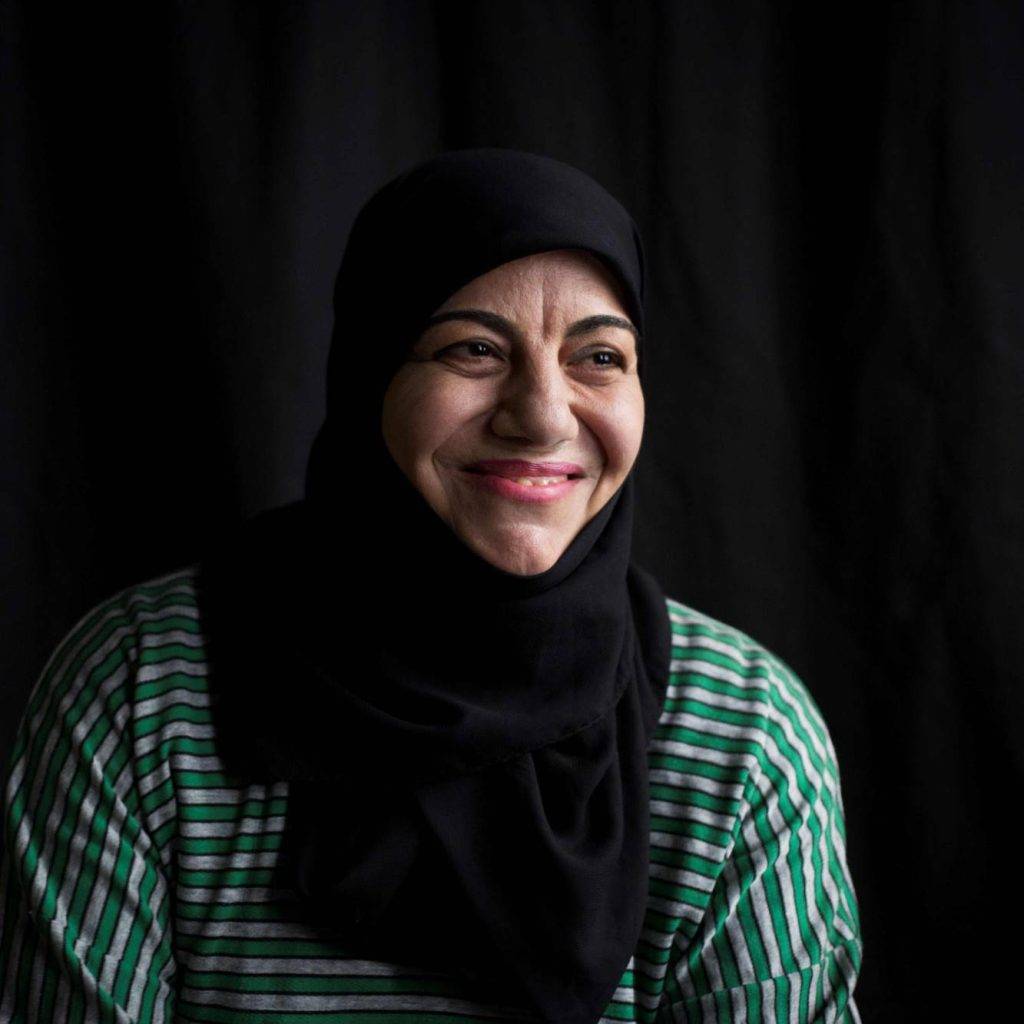
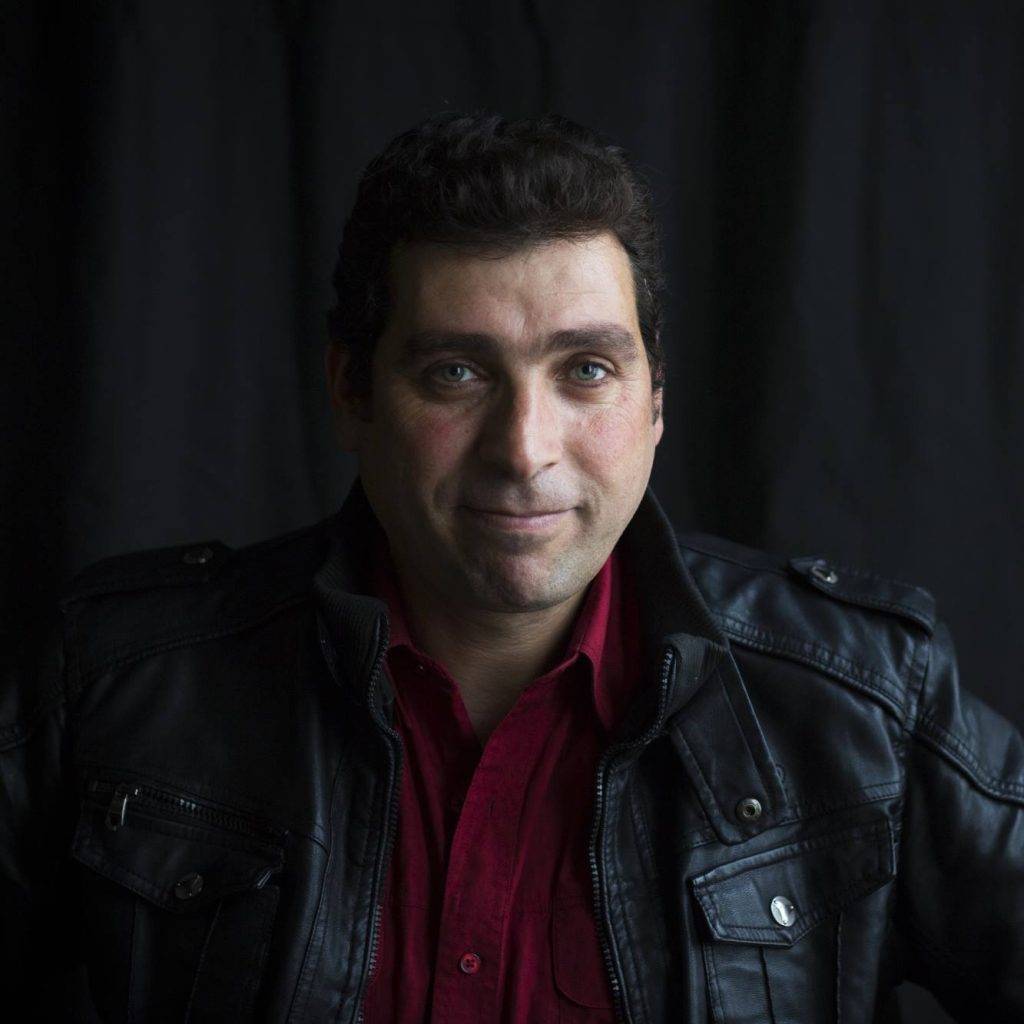
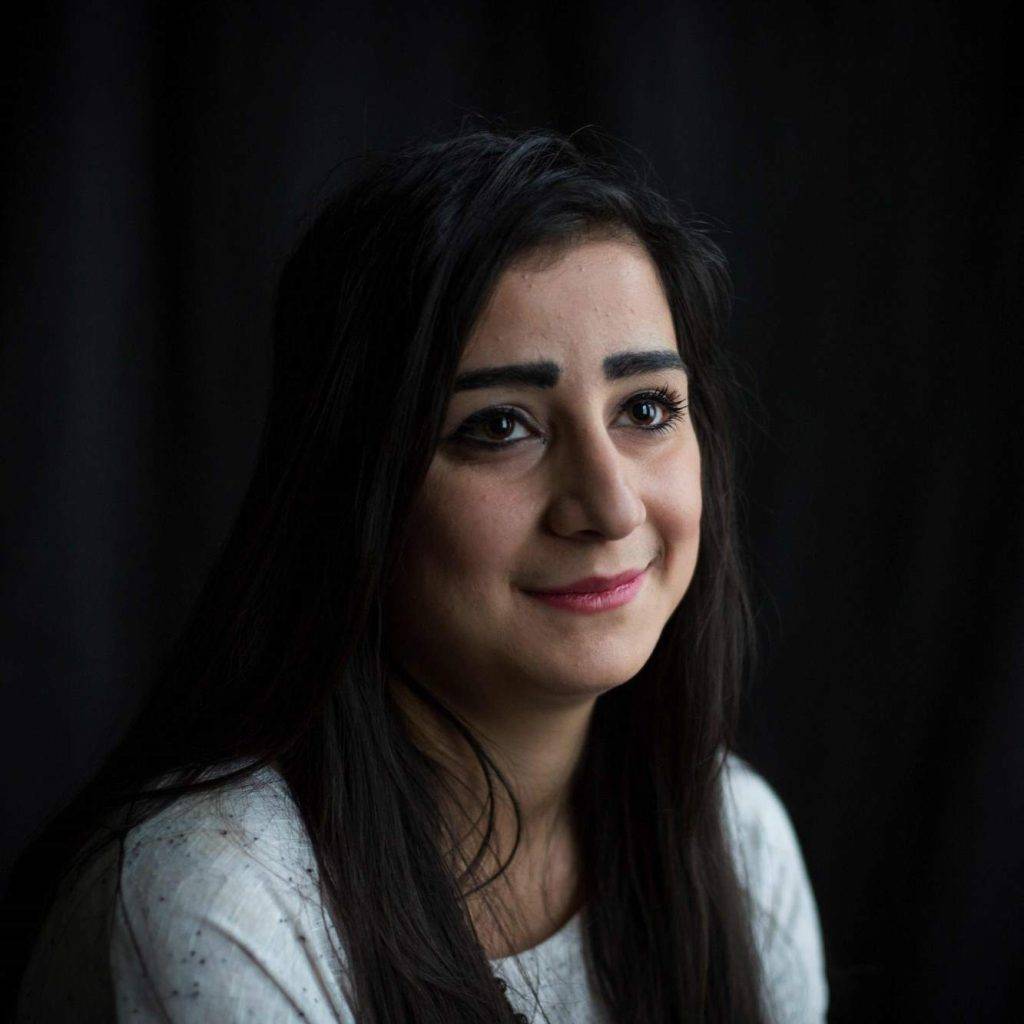
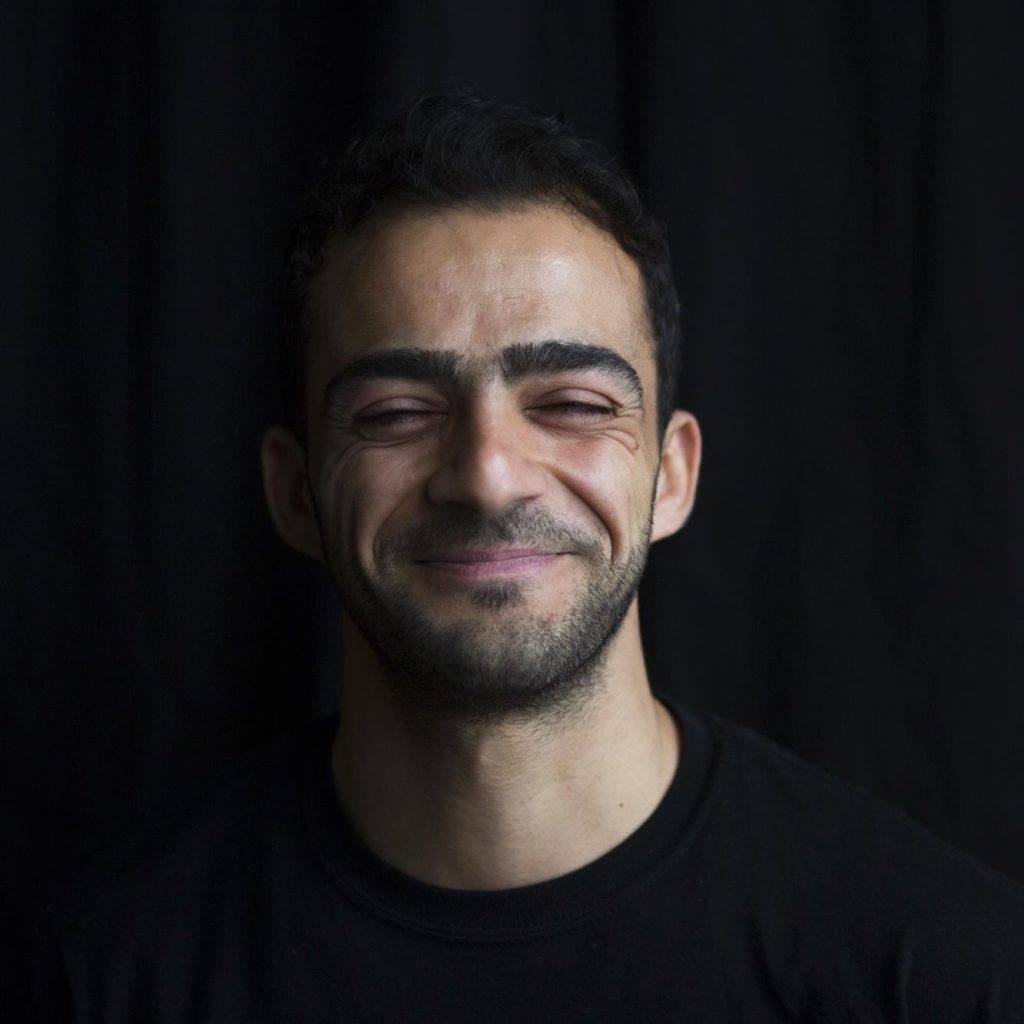
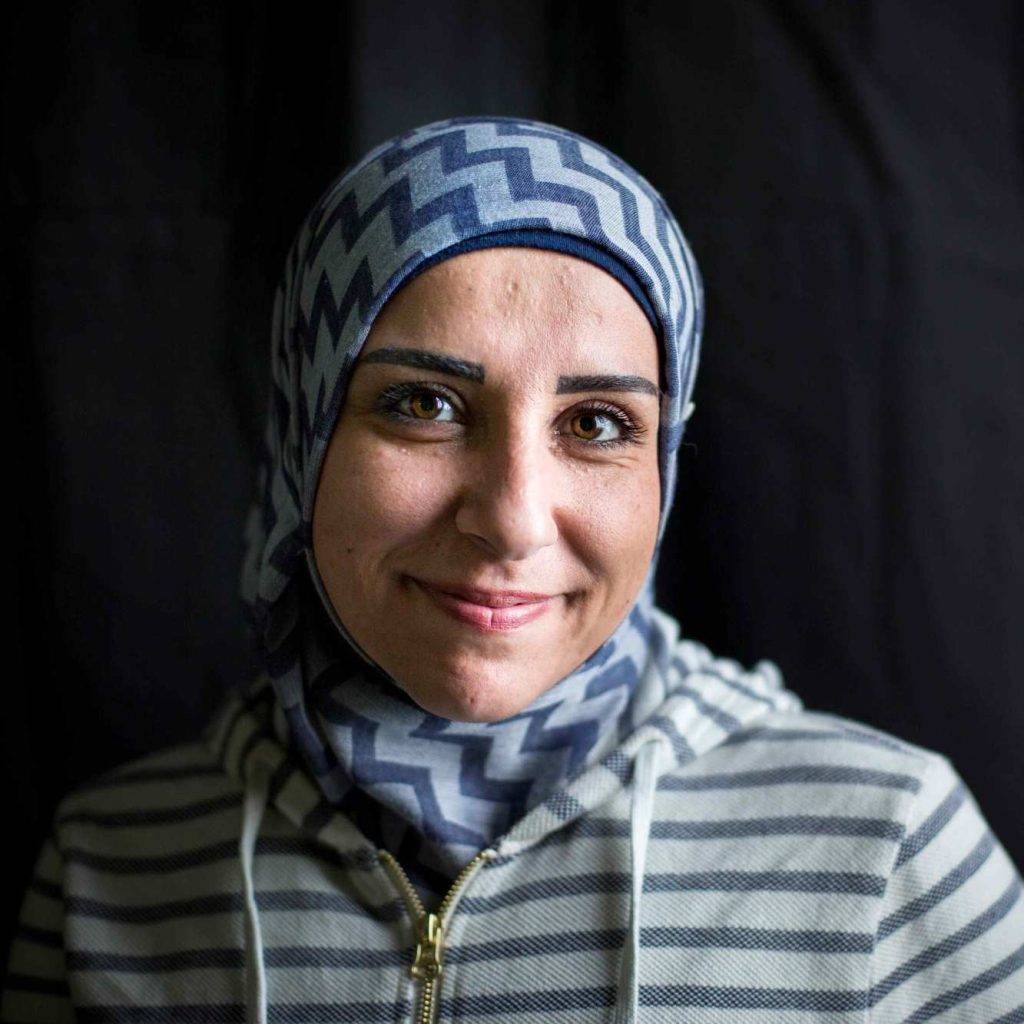
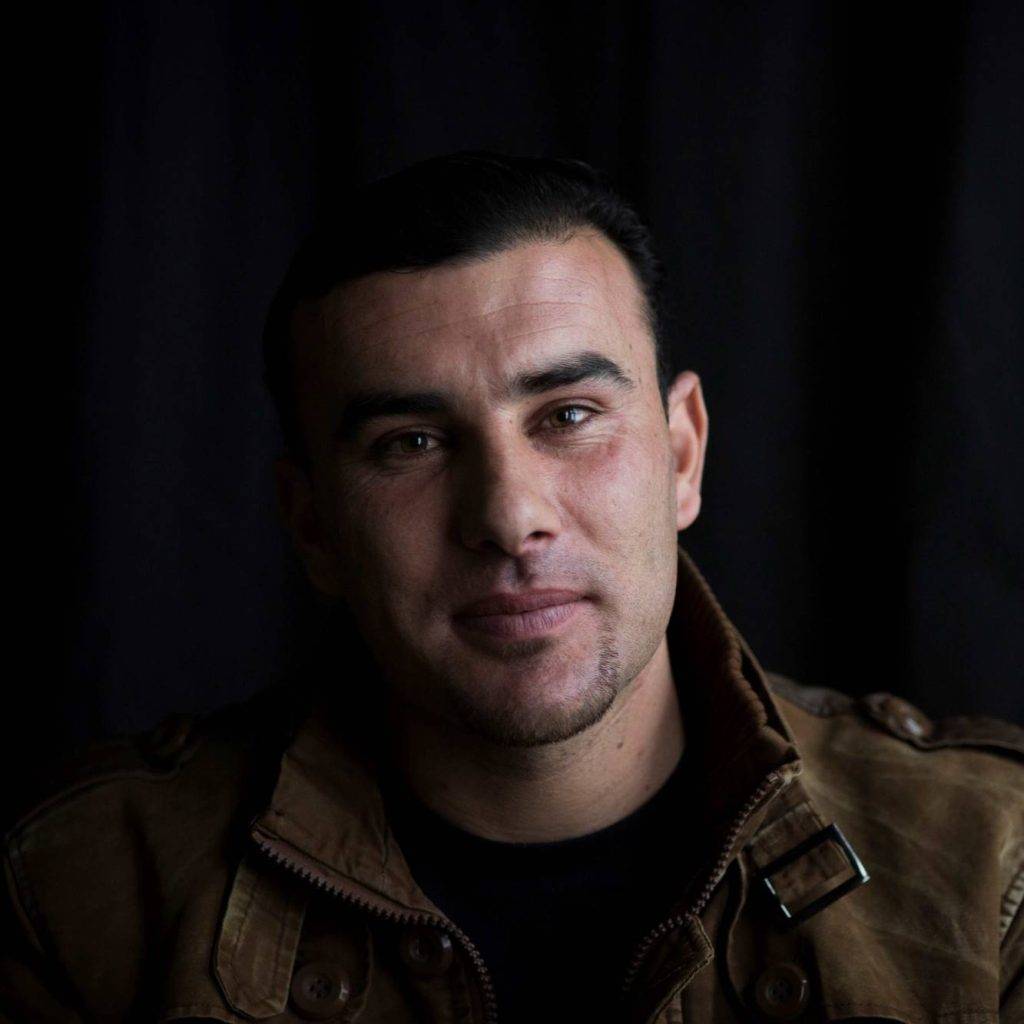
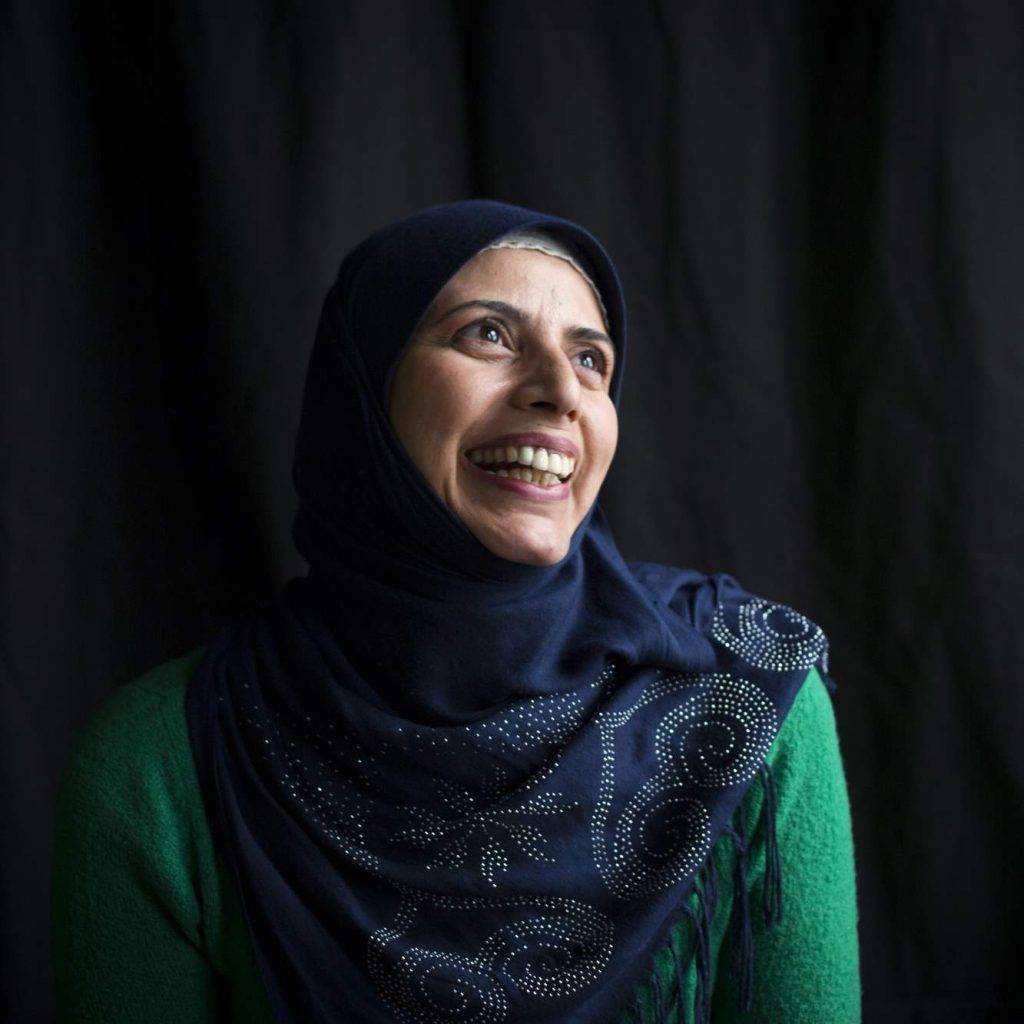
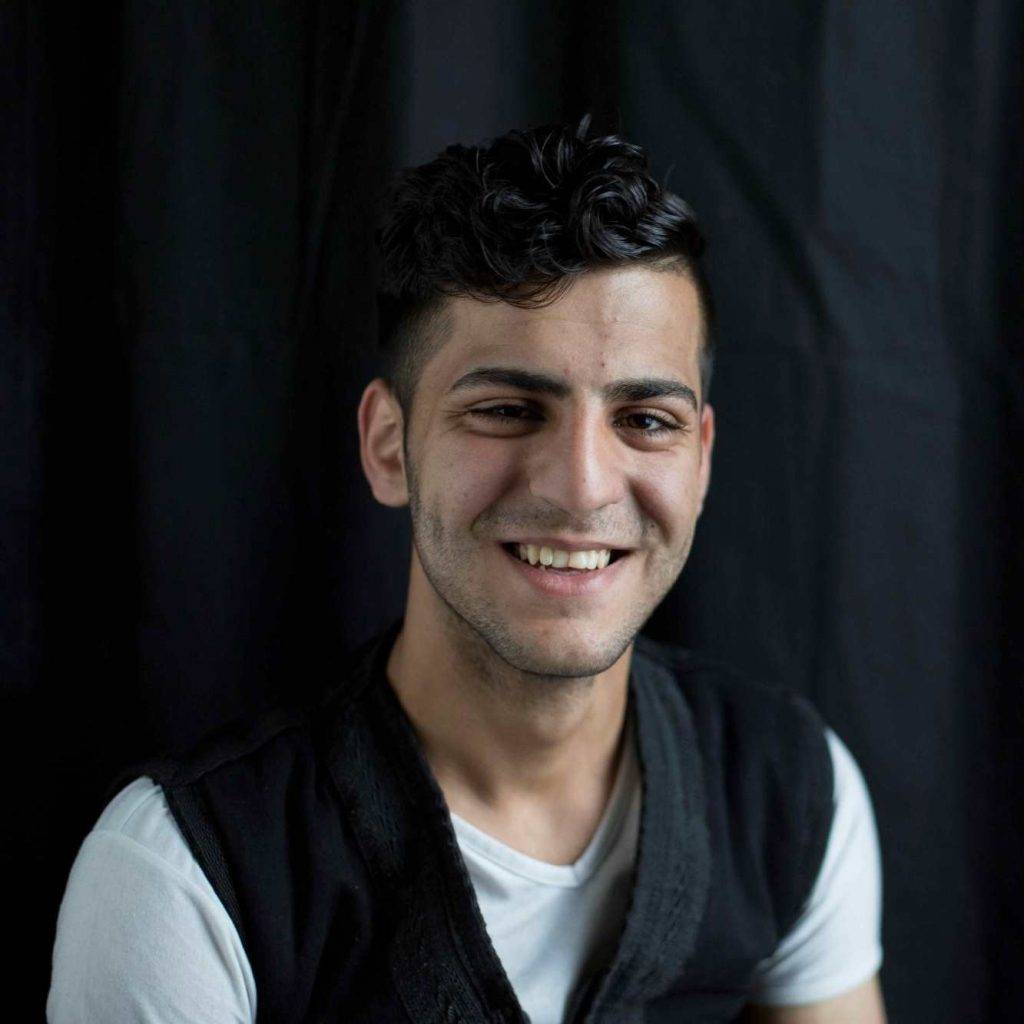
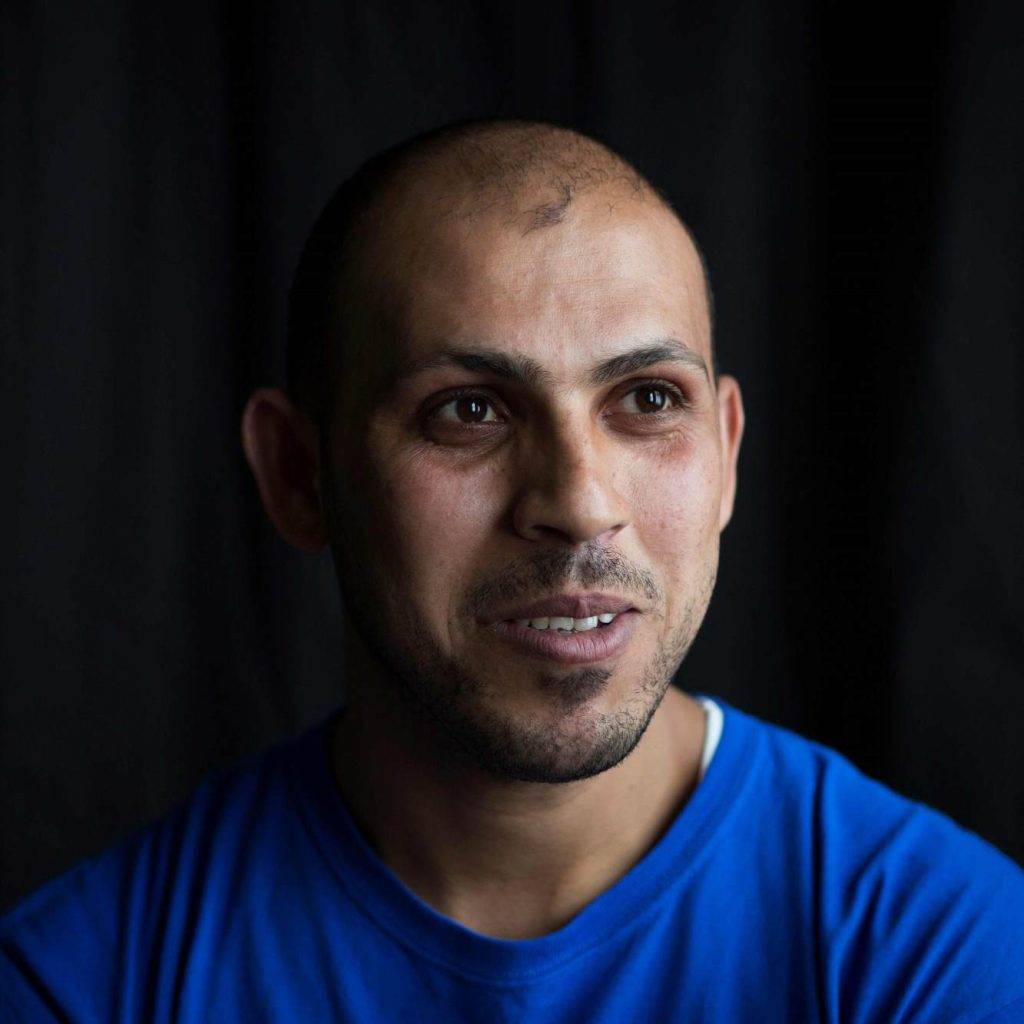
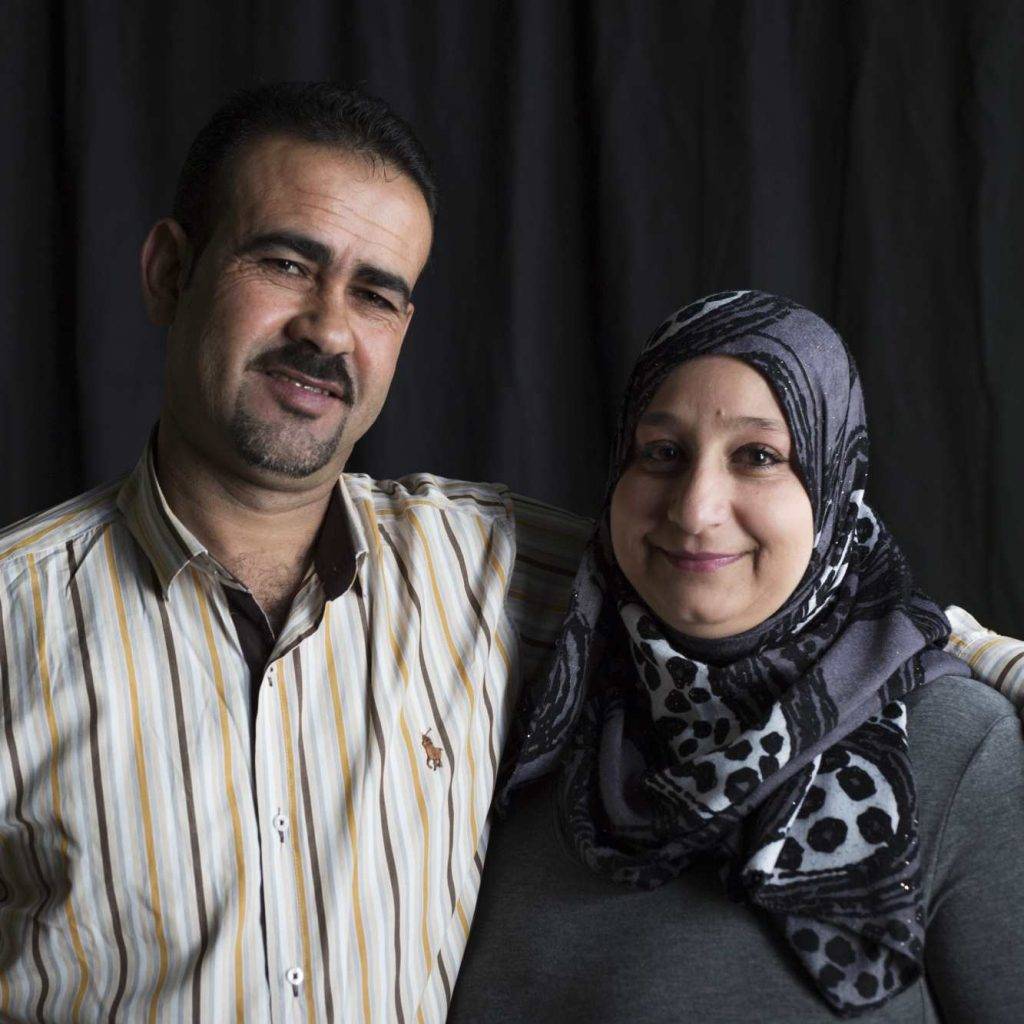
First row: Hanan, Samer, Nazli, Maher, Salma. Second row: Aded, Nasra, Mohammed, Mohamad Ali, Ahmed and Maner.
Growing up as a child of first-generation immigrants, I bore witness to artists who dreamt, imagined, and created.
My father was an electrical engineer in Hong Kong and my mother was a secretary. They immigrated to Canada in 1988 with the dream of providing my sister with a future. My sister was born without a right ankle and the only solution doctors in Hong Kong offered at the time, was amputation. My parents came to Canada with the hope that doctors here would have more knowledge and technology – giving my sister a chance.
Chance, hope and opportunity.
Immigrants leave their homes for a variety of different reasons. Some leave for their children, others leave in search of better careers, and still others leave because of war and danger.
The immigrant experience is individual but the one thing all immigrants share is hope, a feeling or expectation, a trust that something will take place.
Mohamad Ali Ali fled his home in Aleppo, Syria to Lebanon with the hope of keeping his family safe. He wanted to give his family a chance at life. In Syria, Ali Ali was a plumber but there was no market for that in Lebanon, so he started working in delivery. “I really had to survive and to earn some money for my children…if you don’t work it’ll be catastrophic. I had to do this for my children, I have 4 children.”
Immigrants hope for a better tomorrow, the possibility to pursue their dreams and achieve a dream that wasn’t possible in their homeland. They risk what they know and jump into the unknown because their hopes and dreams are bigger than the risk itself.
"In Syria, my dream was to have an education, but that dream could not come true [...]My dream coming to Canada is, first thing, to study and pursue my studies and education, and after that, having a house, having a job I can go to everyday and be happy."
- Mohammed Al Khaleel
“In Syria, my dream was to have an education, but that dream could not come true,” says Mohammed Al Khaleel. “My dream coming to Canada is, first thing, to study and pursue my studies and education, and after that, having a house, having a job I can go to everyday and be happy.”
Nazli Zohair Koujar’s dream is to be a lawyer. She left Syria in 2011 when she was only 15 years old and lived in Lebanon for 6 years with her family before arriving in Hamilton early this year. During her time in Lebanon, she worked, helping her dad in farming so that they could provide for her brother’s medical condition.
“I couldn’t achieve my dreams in Syria, and I couldn’t in Lebanon…but I can achieve my dream here,” says Koujar.
She wants to be a lawyer because she saw people being abused and persecuted in Syria. “There was lots of corruption, so I wanted to be a lawyer to protect them.”
Finding the way
Arriving in a new country is only the first step in a long and bumpy road. There’s a lot of work to do for these dreams to take place.
Koujar understands that and says, “The first step is learning English and getting to know the culture, and then from there go step by step and go higher and higher…I am working so hard on the language because I have nothing from it.”
The newly arrived Syrian newcomers have been attending English classes, studying reading, and writing, for more than ten hours a day, five days a week, beginning only a few weeks after their arrival to Hamilton.
My dad once told me that one of the hardest things of being a newcomer is the inability to express oneself. Your mind is still the same, you’re still thinking and processing, but then you get stuck because you don’t yet have the tools in this new place for others to understand you.
Every moment, you are reinventing yourself. When you venture into something new, you are rediscovering how you fit. You assess the environment you’re in and gather the tools you need, to create the dream you have.
“At one moment, our profession, we almost forgot about it,” said Samer Rahhal, about his time in Lebanon. “We had to work in other fields because of the bad living conditions.” Rahhal was an agricultural engineer in Syria but in Lebanon, he worked as in trade and landscaping in order to provide food for his family.
Now in Canada, he says, “I would like to start from the zero from here and have a new life for me and for my children…maybe from now to 10 years to 15 years, my dream will come true, to establish my own research centre.”
A new beginning
“You begin with nothing, but stroke by stroke you build a life. This process requires everything great art requires—risk-tasking, hope, a great deal of imagination, all the qualities that are the building blocks of art. You must be able to dream something nearly impossible and toil to bring it into existence.” – Edwidge Danticat, Haitian-American novelist.
My dad went between jobs working in a factory and pizza delivery and my mom worked at a fast-food Chinese restaurant. During this time, they were reinventing, learning the language, gathering their tools, learning the skills and understanding the medium in which they would create their lives.
“There is no one or nothing around me that will help me achieve my goal,” says Koujar. “It’s all about me, it’s all myself that will help me reach this goal. It’s the passion in me that will help me achieve my dream.”
Even if what you’re leaving for is ‘better,’ leaving is never easy. A part of your heart sometimes stays at home. “Syria will always be home,” says Al Khaleel. “Whatever happens, I will miss it.”
"Even if what you’re leaving for is ‘better,’ leaving is never easy. A part of your heart sometimes stays at home. "
- Amanda Cheung
My parents came to Canada because they wanted to give my sister and I opportunity. They wanted to provide us with peace and stability – but mostly, opportunities to choose what we wanted to do, opportunities for a comfortable life, and opportunities to pursue our dreams – something they sacrificed so that their children could have.
They’ve been in Canada for 28 years now and I think they’ve been able to achieve their dream, but a part of their heart will always remain in Hong Kong.
By Amanda Cheung. With this article in IWC’s Unpack Magazine– 2016 Spring Edition, Amanda earned a nomination for the Best Social Justice and Human Rights Journalist at the Hamilton Independent Media Awards in November 2016.
ALL LOCATIONS
Main Site
-
8 Main St. E. Ste. #101
Hamilton, ON L8N 1E8 - 905-529-5209
Downtown East
-
100 Main St. E. Ste. #210 & 250
Hamilton, ON L8N 3W4 - 905-529-5209
East Mountain
-
1119 Fennell Ave. E. Ste. #234
Hamilton, ON L8T 1S2 - 905-529-5209
Hamilton East
-
160 Centennial Pkwy North #7
Hamilton, ON L8E 1H9 - 905-529-5209
SUBSCRIBE
Subscribe to our newsletter and don't miss out on all the great info.
Charitable registration number: 132518192RR0001







